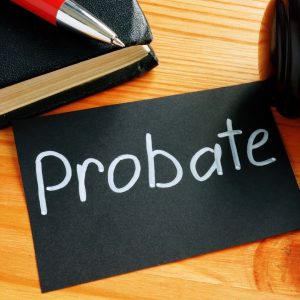Dementia is a mental condition that affects many elderly individuals throughout the country. Frequent forgetfulness and the inability to care for oneself are just two common symptoms that are associated with dementia. In the event that a person’s physical or mental health declines quickly, it is a good thing when he or she has already designated power of attorney to a trusted friend or relative.
Power of attorney gives another person the legal authority to make various decisions for you – especially if your physical or mental condition prevents you from making those decisions for yourself.
In most instances, so long as a person is not deemed legally incapacitated, then even if he or she has dementia, the person still can revoke power of attorney. On the other hand, if a person is legally incapacitated, then he or she does not have the ability to undertake any type of legal action, including revoking a previously created power of attorney. Moreover, the individual will not have the ability to create a new power of attorney.
If you are interested in setting up a power of attorney for yourself or a loved one, it is important that you have an experienced elder law attorney assist you throughout the process. A knowledgeable attorney can assist you with assembling the necessary documents and drafting an effective power of attorney for you that will withstand the test of time.
Defining Dementia
Dementia is a term that refers to various symptoms related to a person’s mental functioning. These symptoms include all of the following:
- Memory loss
● Decline in mental functioning
● Decline in mental judgment or reasoning
● Decline in communication abilities
In some instances, dementia symptoms come about because of various diseases, including Huntington’s disease, Parkinson’s, or Alzheimer’s. Symptoms of dementia often appear in individuals who are 65 years of age or older. However, these symptoms have been known to appear in younger individuals also.
Dementia and Lack of Mental Capacity
Mental capacity refers to a person’s ability to make informed decisions and access information. A person’s mental capacity also refers to his or her ability to do the following:
- Make choices for himself/herself
● Understand pertinent information
● Ability to understand the consequences of actions or inactions
● Ability to process information accurately and reach an appropriate conclusion
Just because a person suffers from dementia (or from a disease that leads to dementia-like symptoms) does not necessarily mean that he or she suffers a lack of mental capacity. Legally speaking, a person retains his/her mental capacity unless or until it’s proven otherwise. When a person retains his or her mental capacity, the person could theoretically revoke a power of attorney.
Having a valid power of attorney in place before a person suffers physical or mental incapacities is one of the best ways to avoid problems later. An experienced California elder law attorney in your area could assist with crafting a workable power of attorney for you or your loved one. Contact us to learn more.




